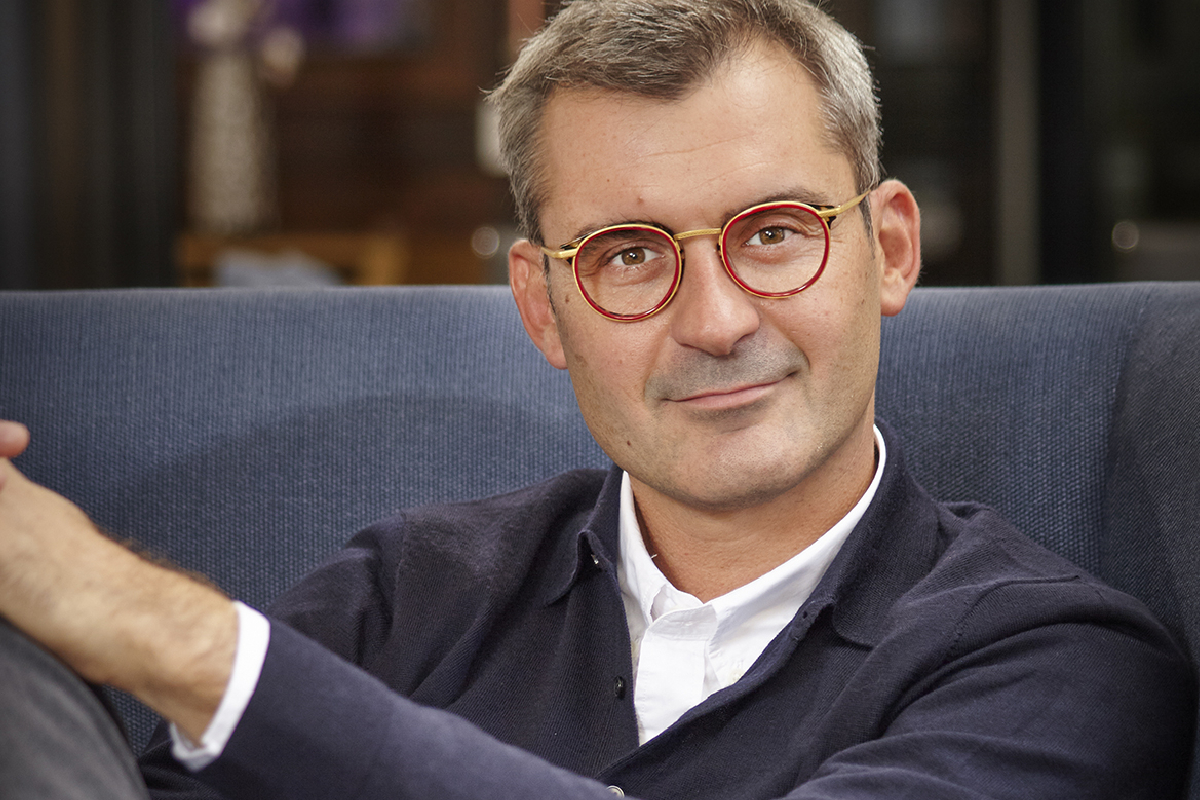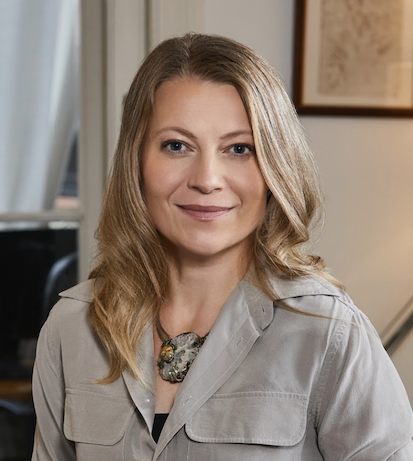Etnia Barcelona: a revolution in colored glass for glasses

David Pellicer, CEO of Etnia Barcelona
What does Etnia Barcelona do?
We design and manufacture high quality eyewear.
When did you start to work in this company?
I belong to the third generation of a family of eyewear manufacturers and I started working as a salesman in the family business at the age of 17 in order to help my parents. This enabled me to get to know the sector first-hand, but Etnia Barcelona itself was not founded until 2001. Our products could not compete with those manufactured in Asia and I developed a vision for a new kind of business. I refocused the business, paid off the debts, closed the company, and reopened with another approach. This was how Etnia Barcelona came into being.
What do you like most about your work?
Apart from designing glasses, I enjoy the contact with people: working with customers and our team and maintaining good relationships with strategic suppliers.
And what do you like least?
There is almost nothing I don't like in my job. Launching and managing a company involves understanding the priorities and dealing with them whether you like it or not, so you have to take the rough with the smooth.
What do you think your company excels at?
If anything makes Etnia Barcelona stand out it is having brought color to a sector that was dominated by black and havana frames. Etnia Barcelona has brought innovations in color to the world of acetate, pushing the limits of what could be achieved by industry in order to obtain hitherto unthinkable textures. And the quality of our products is outstanding. The Barberini mineral lens we use on our sunglasses is our crowning achievement; its HD technology offers the client the opportunity to see in high definition and through a unique range of colors. Our voice, and the creativity and originality with which we communicate have opened many doors for us.
What is your main challenge?
There are numerous challenges, but the two that we are obsessed with are making an excellent product and being a brand that is well-recognized by the final consumer.
Where is your company located? Do you know why this place was chosen?
Etnia Barcelona's head office is in Esplugues de Llobregat. We inherited this location, but it is also an industrial area close to the city where we have ample space to concentrate the entire brand team, from the design team through to our prototype manufacturing plant, our creatives, and our foundation. Our flagship store is in the heart of the Born district because we thought this was just the right place for our first store. It is an iconic part of the city through which more than 15 million people pass throughout the year and in which we can express all the values of the brand. And it is a place where many trades were originally developed.
What do you like most about the neighbourhood you work in?
The melting pot of people from different backgrounds living there. It is part of the history of the city and at the same time it is a neighborhood which is home to artisans and small businesses. It reminds me of Le Marais in Paris.
How important is Barcelona for your company?
Barcelona is our brand's second name, so it is very important to us. Barcelona is famous around the world, and overflowing with art, color and Mediterranean atmosphere. It is the city that inspires us to design our creations.
With which city would you compare Barcelona to?
Paris, San Francisco, and Rome.
What model of city do you think Barcelona should be like?
I would like to see it become more decentralized, with several alternative centers. I would also like to see it develop the capacity to attract high-quality tourism. We have a unique location and setting; not many cities have these special attributes and such a favorable climate.
What best practices from other cities would you like Barcelona to adopt??
I think we need a healthier, greener Barcelona, more closely integrated within nature. A Barcelona that is more connected to Europe and capable of attracting the investment and talent that makes it possible for startups and companies to cooperate and be competitive.
What would you ask of the Barcelona of the future?
I would ask it to care about the its citizens’ quality of life; to be attractive to businesses, and to promote innovation and sustainability; to be better connected, better known around the world, and to support companies that generate value and employment; to enable inhabitants to stay in their neighborhoods and to achieve a balance in which tourism doesn't take over the city completely.







